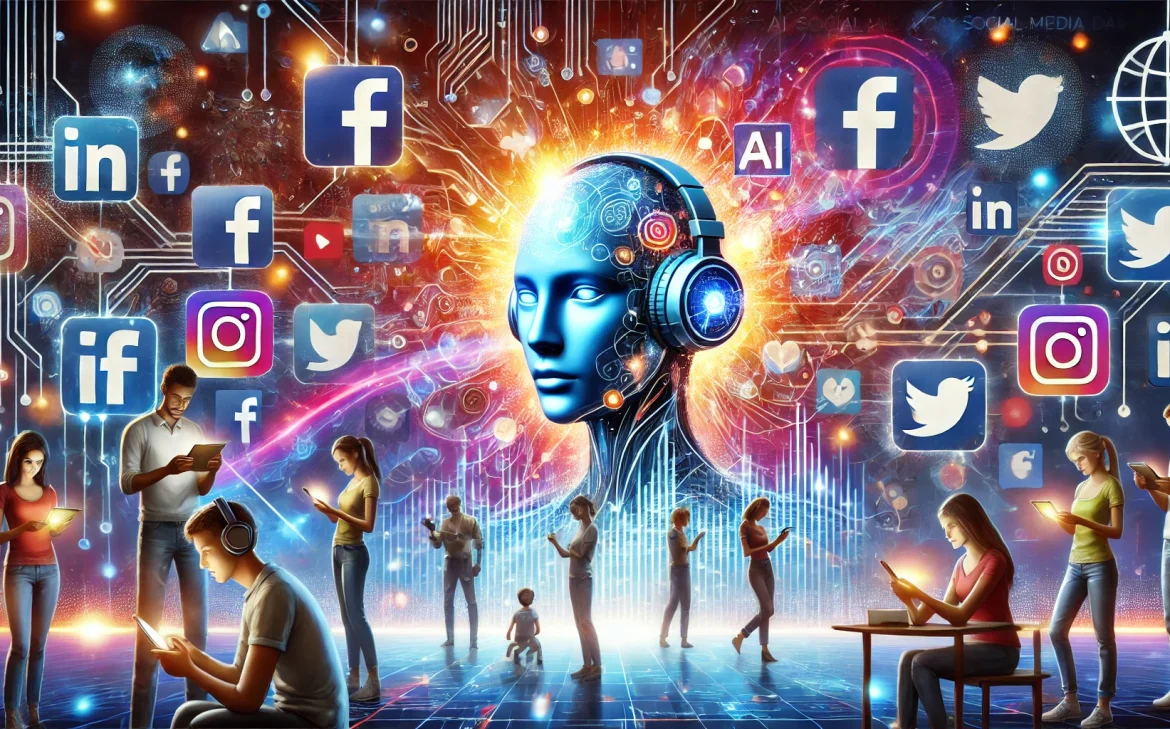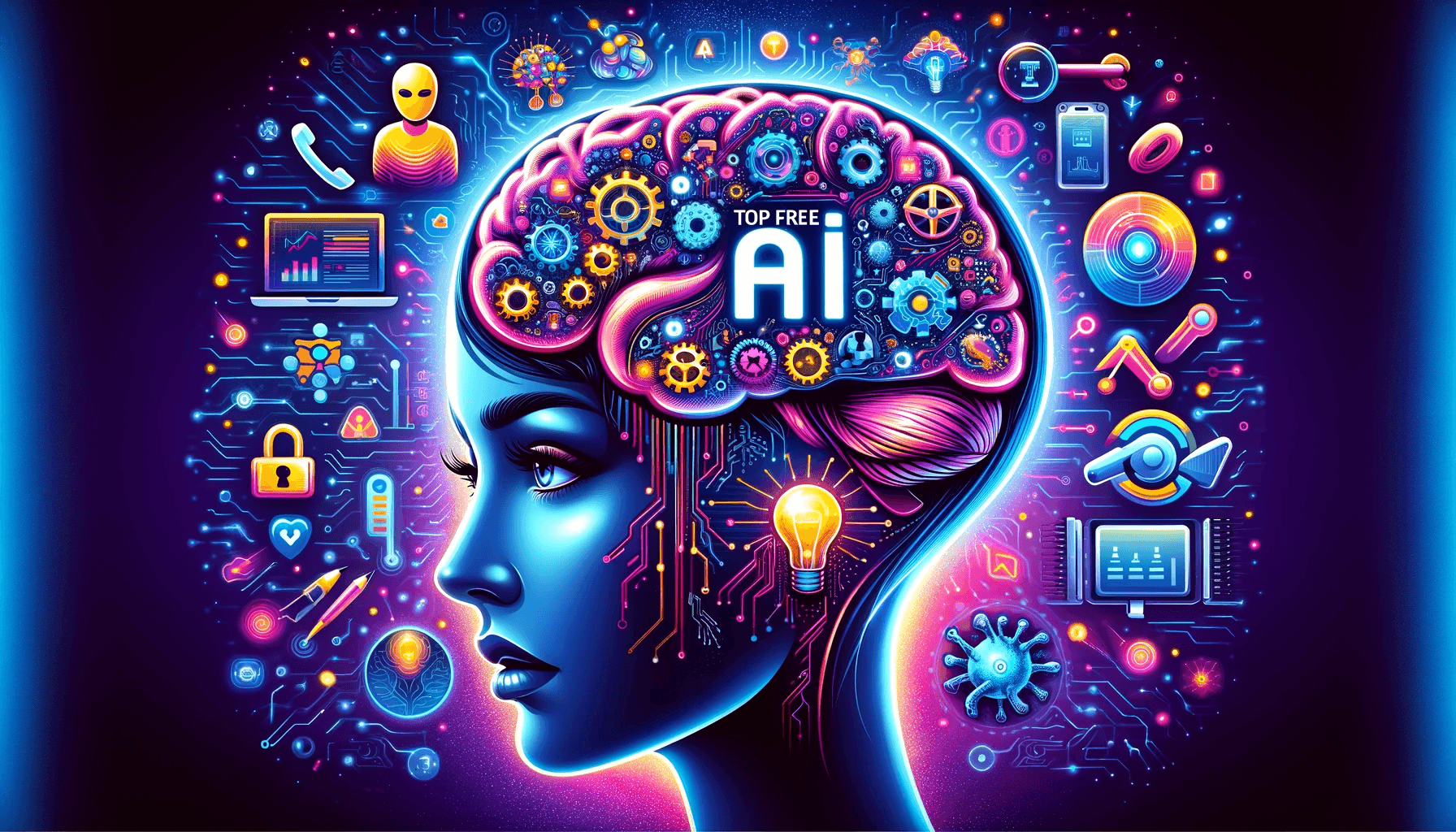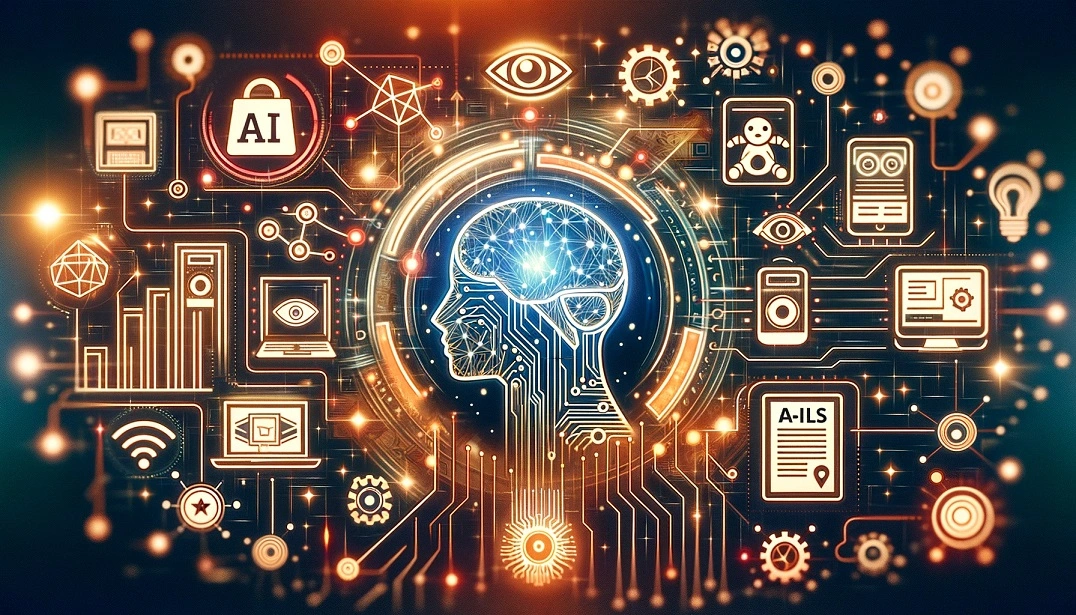Artificial Intelligence (AI) is reshaping the social media landscape, influencing how content is created, consumed, and managed. From personalized feeds to content moderation, AI plays a central role in enhancing user experience while also raising important ethical and practical questions.
How Is AI Used in Social Media?
AI in social media involves using machine learning, natural language processing (NLP), and data analysis algorithms to automate tasks, understand user behavior, and optimize content delivery. These systems help platforms deliver more relevant experiences to users and streamline operations behind the scenes.
Key Impacts of AI in Social Media
Personalized Content and Feeds
AI algorithms analyze user behavior, preferences, and engagement patterns to curate highly personalized content. Whether it’s your TikTok “For You” page or Instagram’s Explore tab, AI determines what content you see, keeping users engaged and increasing time spent on the platform.
Targeted Advertising
AI enables highly targeted advertising by analyzing data such as location, browsing history, interests, and demographic information. Marketers use AI tools to deliver the right message to the right audience at the right time, improving campaign effectiveness and return on investment.
Content Creation and Enhancement
AI tools can help generate social media posts, design graphics, edit videos, and even write captions. This empowers creators and brands to produce more content, faster, and with fewer resources. Tools like ChatGPT, Canva’s Magic Write, and Lumen5 are commonly used to automate creative tasks.
Chatbots and Customer Support
AI-powered chatbots provide instant responses to customer queries on platforms like Facebook Messenger and Instagram. These bots can handle a wide range of tasks, from answering FAQs to processing orders, improving user satisfaction and reducing the burden on human support teams.
Sentiment Analysis and Trend Monitoring
AI tools scan social media posts, comments, and messages to assess public sentiment and detect trending topics. Brands and influencers use this data to understand audience mood, respond to feedback, and tailor content accordingly.
Content Moderation
To combat harmful or inappropriate content, platforms rely on AI to flag and remove posts that violate community guidelines. AI helps identify spam, hate speech, misinformation, and violent content, supporting safer online spaces—though challenges in accuracy and fairness remain.
Challenges and Considerations
While AI brings significant advantages, it also introduces concerns:
- Algorithmic Bias: AI systems can reflect existing societal biases, leading to unfair content promotion or suppression.
- Privacy Issues: AI relies heavily on user data, raising concerns about how personal information is collected, stored, and used.
- Mental Health Effects: Highly tailored feeds can create echo chambers or lead to excessive screen time, contributing to anxiety or reduced self-esteem.
- Transparency and Control: Users often lack visibility into how AI determines what they see, raising calls for more transparency and user control over algorithms.
Conclusion
AI is undeniably shaping the future of social media—enhancing personalization, enabling automation, and driving user engagement. However, these benefits come with responsibilities. Platforms, creators, and users must work together to ensure that AI is used ethically and transparently, fostering a digital environment that is both innovative and inclusive.







Leave feedback about this